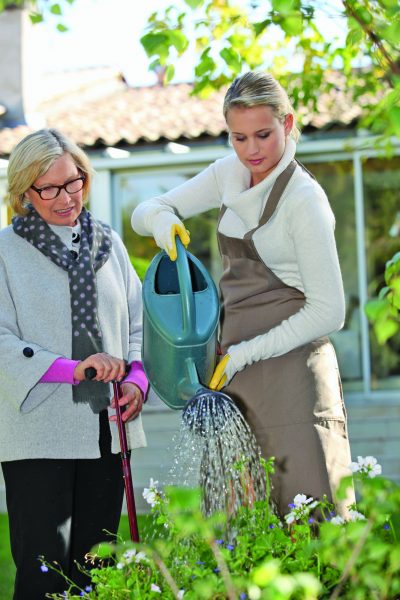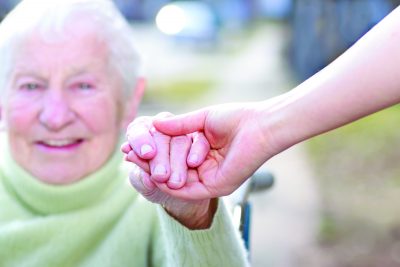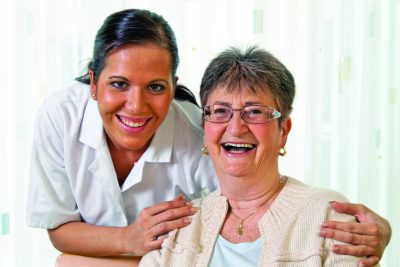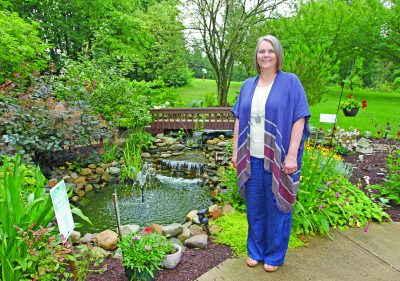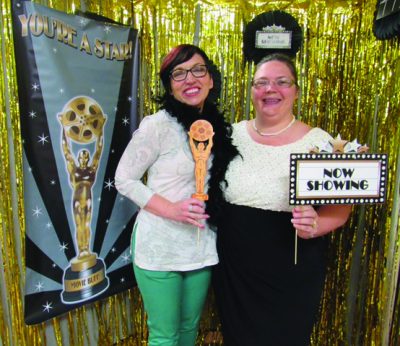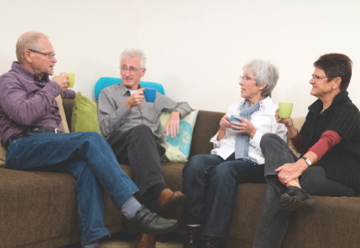Older adults transition successfully from hospital to home through Community-based Care Transitions program
A couple of years ago, Allegheny County resident Patrick S. had a brief hospital stay then was discharged from a local hospital after struggling with early onset dementia. Patrick was aware of his health situation and, for the most part, knew how to handle his condition, but once he was back in his own home, everyday … Read more


